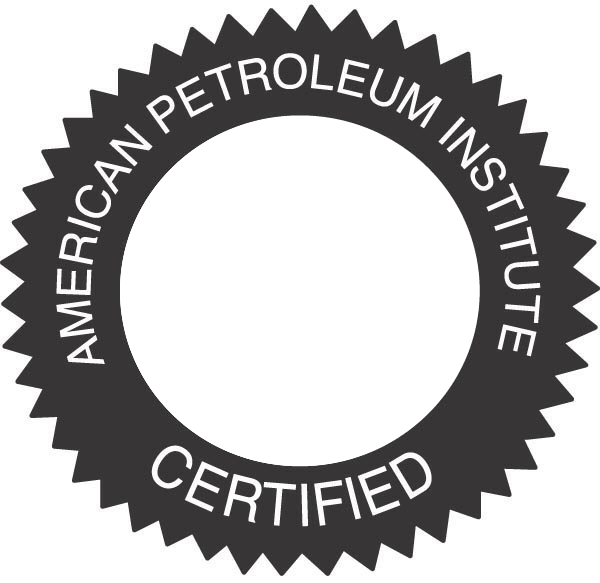Will NC lawmakers let fracking industry fund its own regulators?

One of the concerns fracking opponents have raised during the debate over legalizing the controversial method of natural gas drilling in North Carolina is how the state -- which grappled with a $2 billion budget shortfall for the upcoming fiscal year -- would pay to develop and enforce regulations.
Last year the Republican-controlled General Assembly made deep cuts to the state Department of Environment and Natural Resources, slashing its budget by 40 percent -- from $188.9 million to $114 million. The department also lost 26 percent of its employees, going from 3,918 to 2,899.
But the Republican leadership has found a possible solution to the cost concerns: Let the industry pay for its own regulators.
As House members prepared to vote to legalize fracking last Thursday, Rep. Mitch Gillespie (R-McDowell) responded to his colleagues' concerns about paying for oversight, as Chris Fitzsimon reported at NC Policy Watch:
Gillespie, who once bragged about drawing [a] target on his office window that overlooks the building that houses the department, replied that he would make sure enough staff was employed to develop and enforce the fracking regulations and then added that talks were underway with the American Petroleum Institute to fund some of the positions.
The American Petroleum Institute (API) is the largest U.S. trade association for the oil and gas industry. It has been a major force behind the push to allow fracking in North Carolina.
Gillespie's remarks spurred Rep. Rick Glazier (D-Cumberland) to ask for a clarification, according to Fitzsimon:
"I just want to make sure of something I thought I heard. … You indicated a moment ago that API might provide and help with some of the funding and some of the positional needs that we have," Glazier said. "Am I correct in that?"
Gillespie replied, "There’s conversation going on with that, yes sir."
API has also promoted the use of its own standards as models for how North Carolina might regulate fracking. During a workshop held in February in the state capital of Raleigh, API distributed copies of those standards to attendees, who included state lawmakers and staff at regulatory agencies.
But the limits of API's ability to oversee the industry came into sharp focus following the 2010 BP oil spill in the Gulf of Mexico. The organization played a dominant role in setting safety standards for the offshore oil industry, with many of those standards adopted by the Interior Department. But the commission appointed by the president to investigate the Deepwater Horizon disaster documented serious problems with that approach in its final report:
Based on this Commission's multiple meetings and discussions with leading members of the oil and gas industry, however, it is clear that API's ability to serve as as a reliable standard-setter for drilling safety is compromised by its role as the industry's principal lobbyist and public policy advocate. Because they would make oil and gas industry operations potentially more costly, API regularly resists agency rulemakings that government regulators believe would make those operations safer, and API favors rulemaking that promote industry autonomy from government oversight.
According to statement made by industry officials to the Commission, API's proffered safety and technical standards were a major casualty of this conflicted role. As described by one representative, API-proposed safety standards have increasingly failed to reflect "best industry practices" and have instead expressed the "lowest common denominators" -- in other words, a standard that almost all operators could readily achieve.
While having API pay for regulators to police the industry may be a step up from having the organization actually do the policing, the potential for conflicts is obvious. With the health and safety of its residents at stake, can North Carolina really afford to let an industry that has caused serious environmental damage elsewhere be so deeply involved in its own regulation?
Tags
Sue Sturgis
Sue is the former editorial director of Facing South and the Institute for Southern Studies.
